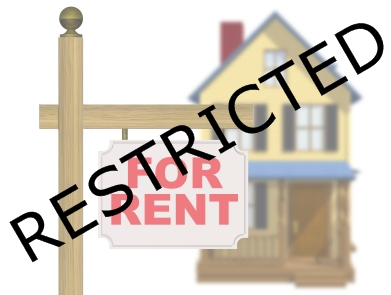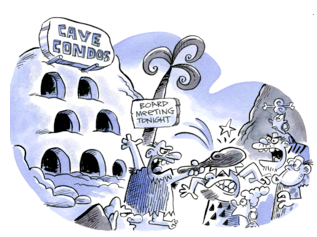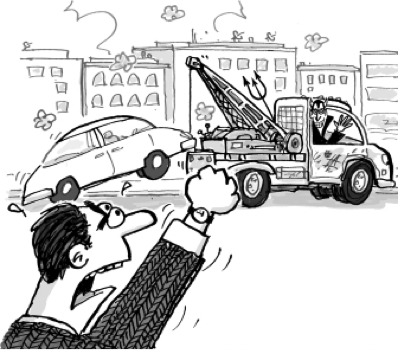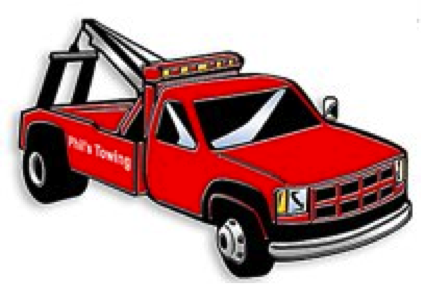By Sandra L. Gottlieb, Senior Partner and Community Association Attorney at SwedelsonGottlieb

California Civil Code Section 1360.2 went into effect on January 1, 2012, a little over one year ago, and states that any new provision in a governing document or an amendment to a governing document that prohibits the rental or leasing of any of the separate interests is not applicable to anyone who purchased before the date the governing document and/or amendment was adopted or recorded unless that person expressly consents to be bound. Notwithstanding the limitations created by Civil Code Section 1360.2, many community associations are still adopting new rental restrictions to be applied to new owners or transferees. What they are learning is that not all transfers of an interest in a property will be covered by Civil Code Section 1360.2 which allows for certain exemptions from a leasing restriction. Certain transfers of property do not constitute a change in ownership and therefore, the new owner may not be subject to any provisions prohibiting leasing that were adopted after the new owner obtained title to the separate interest (i.e., unit or lot).
Continue reading
 HOA Law Blog
HOA Law Blog




 Blog Post by David Swedelson, SwedelsonGottlieb Community Association Attorneys
Blog Post by David Swedelson, SwedelsonGottlieb Community Association Attorneys Blog Post by David Swedelson, Partner SwedelsonGottlieb
Blog Post by David Swedelson, Partner SwedelsonGottlieb  We are often asked if a California condominium or homeowners association has the authority to tow vehicles from the association if the vehicle is parked in violation of the association’s Rules and Regulations. The answer is that an association has the right and authority to tow vehicles, assuming that the Association has the proper signage posted in accordance with the California Vehicle Code, the towing is conducted in accordance with the California Vehicle Code, and the association’s Rules allow for same. Do you tow vehicles at your association? Are you considering adopting rules regarding towing? We have updated our information on towing vehicles at community associations and turned it into a printable article.
We are often asked if a California condominium or homeowners association has the authority to tow vehicles from the association if the vehicle is parked in violation of the association’s Rules and Regulations. The answer is that an association has the right and authority to tow vehicles, assuming that the Association has the proper signage posted in accordance with the California Vehicle Code, the towing is conducted in accordance with the California Vehicle Code, and the association’s Rules allow for same. Do you tow vehicles at your association? Are you considering adopting rules regarding towing? We have updated our information on towing vehicles at community associations and turned it into a printable article.  The holidays are just around the corner, and it’s time for community association boards to start getting ready to address issues connected with holiday decorations. What kinds of limits should be placed on holiday decorations? How do you implement holiday rules and regulations? All that and more questions are answered in our article
The holidays are just around the corner, and it’s time for community association boards to start getting ready to address issues connected with holiday decorations. What kinds of limits should be placed on holiday decorations? How do you implement holiday rules and regulations? All that and more questions are answered in our article  A CC&R dispute that started 11 years ago over the condition of a Tampa Florida homeowner’s lawn, a lawsuit that involved dozens of court hearings, a weeklong jury trial, two appeals and a second trial, at a cost of hundreds of thousands of dollars is finally over, and the owner prevailed. While this lawsuit occurred in Florida, it could have just as easily taken place in California. Boards at homeowners associations need to be careful when imposing charges and recording liens on an owner’s property.
A CC&R dispute that started 11 years ago over the condition of a Tampa Florida homeowner’s lawn, a lawsuit that involved dozens of court hearings, a weeklong jury trial, two appeals and a second trial, at a cost of hundreds of thousands of dollars is finally over, and the owner prevailed. While this lawsuit occurred in Florida, it could have just as easily taken place in California. Boards at homeowners associations need to be careful when imposing charges and recording liens on an owner’s property. 

